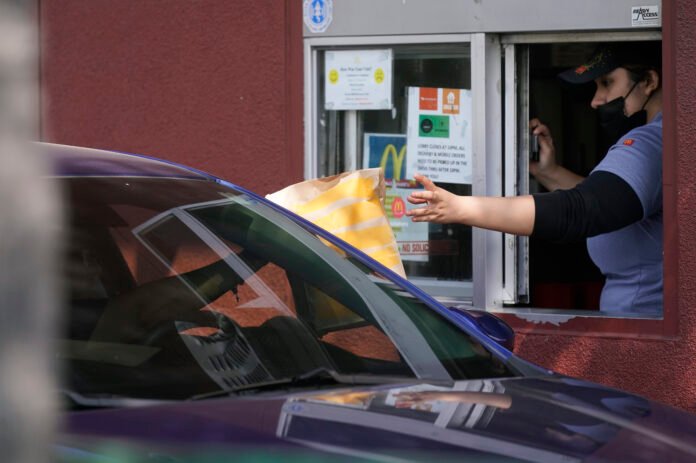A recent study shows that a fast food minimum wage hike in the United States led to major job losses. Researchers examined the impact of California’s $20 hourly minimum wage in the fast food sector. They found the wage hike caused the loss of 18,000 jobs, or 3.2% of the state’s fast food employment. This job reduction contrasts sharply with national growth in the same sector. The findings have sparked new debates about wage policy.
The law responsible for the fast food minimum wage hike created a special Fast Food Council. This council has the power to adjust the wage rate every year. Before the new law, fast food workers in California earned $16 per hour. After the increase, the employment trend reversed. Meanwhile, other U.S. states saw growth in fast food hiring.
The fast food minimum wage hike appeared to disrupt hiring even more than expected. In other states, fast food employment rose by 0.1% during the same period. Before the policy change, California’s sector followed similar national employment trends. Afterward, it diverged as jobs vanished. Researchers compared this shift against a control group from other states.
Experts now argue that higher wages may have unintended consequences for the industry. Many businesses reacted by cutting hours, reducing staff, or delaying expansion plans. Critics say the policy added pressure to a sector already facing automation and inflation. Furthermore, others argue that higher wages remain necessary for low-income workers. The debate over the fast food minimum wage hike continues to divide economists and politicians.
The report found the drop in employment consistent across different modeling approaches. Depending on the method, job losses ranged between 2.3% and 3.9%. The study used multiple economic indicators and historical comparisons to validate the data. Analysts warn that this trend could spread if other states follow California’s lead. For now, employers in California are rethinking their labor strategies.
In conclusion, as policymakers review wage laws, industry leaders are calling for more flexible solutions. Some suggest regional wage adjustments or phased implementation plans. Others recommend pairing wage increases with tax incentives for small businesses. Regardless, the fast food minimum wage hike remains a key issue in future economic planning. More research may help guide balanced policy decisions.
For more business updates, visit DC Brief.


